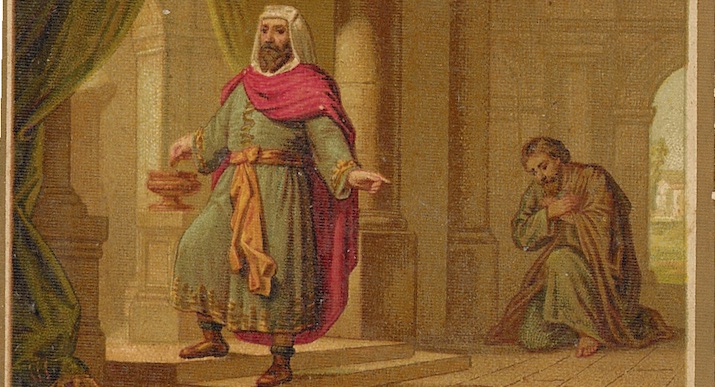A look at today’s Readings appears to be parallel with our religious attitude to the pandemic of coronavirus facing the world in relation to prayers made to God. The recent outbreak of COVID-19 has made many people see it as a punishment from God in relation to the sin of humanity with a corresponding necessity to return to God for forgiveness, healing, protection, refuge, solace, etc. Recently, I’ve seen many citations from the Scriptures drawing people’s attention to prayer and asking God for forgiveness. The famous of these is the popular quote from the second book of Chronicles, chapter 7, verse 13-14: “If I shut the heavens so that there is no rain, or if I command the locusts to devour the country, or if I send pestilence among my people, if my people who bear my name humble themselves, and pray and seek my presence and turn from their wicked ways, then I will listen from heaven and forgive their sins and restore their country.” Undoubtedly, numerous prayers have been made (and still going on), many have asked God for mercy on the land, healing, protection and an end of the pandemic, which is a good approach. We hope and believe that our prayers would not be in vain. This is similar to the case of the Israelites in the First Reading.
The First Reading is taken from the book of the Prophet Hosea (5:15 – 6:6). Hosea was one of the twelve Minor Prophets. He is said to have begun his prophetic ministry at about 750 B.C., and concluded at about 722 B.C., shortly before the Assyrians conquered Israel (the ten tribes that constituted the Northern Kingdom). In the context of our reading, God is prophesying the kind of judgment that is about to befall Israel and Judah because of their unfaithfulness. The antecedence of that passage affirms that Ephraim (Israel—the northern kingdom) will fall, and Judah (the southern kingdom) will also fall with them (cf. Hos. 5:5). Unfortunately, they will seek the Lord, but will not find Him (cf. Hos. 5:6). And while they search for God in their misery (as stated in today’s First reading), they would also see the need to return to God in the hope that he would heal their “broken bodies”, bandage their “wounds” and bring them back to life. In response to this, God would call them to true and sincere love since they had been loving falsely (which is the cause of their misfortune). In the end, God says: “what I want is love, not sacrifice; knowledge of God, not holocausts”
Applying the Israelites’ case to our present-day problem, we can hear God telling us, “what I want is love, and not sacrifice”. It is possible we fast and pray all day – attend Masses, practise abstinence, recite the rosary and pray the psalms, asking God to put an end to the pandemic of coronavirus, but if we refuse to love sincerely (the love of God and our neighbour), all our efforts would be in vain – our prayers would never be answered. Dear friends in Christ, in recognizing our shortcomings like the Tax-collector of today’s Gospel (cf. Luke 18:9-14 – who stood some distance away, not daring even to raise his eyes to heaven; but asking for God’s mercy), we should (in a perfect act of contrition for our sins) endeavour to change our ways with a sincere love of God and our fellowman. This surpasses any holocaust or sacrifice, as indicated by today’s Psalmist (cf. Psalm 50(51):3-4,18-21): “for in sacrifice you take no delight, burnt offering from me you would refuse, my sacrifice, a contrite spirit. A humbled, contrite heart you will not spurn.” It is only with this sentiment that God would wipe off the pandemic from our world.
© Fr. Chinaka Justin Mbaeri, OSJ
Paroquia Nossa Senhora de Fatima, Vila Sabrina, São Paulo, Brazil
nozickcjoe@gmail.com / fadacjay@gmail.com



